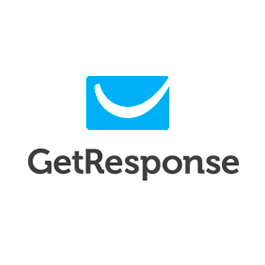Our Online Meetings Platform Skyrocketed During The Pandemic And Now Makes $10.8M/Year
Hello! Who are you and what business did you start?
Hello, I'm Dominika Paciorkowska, Managing Director and Board Member at ClickMeeting – a platform for webinars and online meetings. ClickMeeting was launched in 2010 and has been performing as an independent company since 2016.
As ClickMeeting spun off, my first job was to transfer a product into a self-contained, separate, and fully operational entity. Several years before ClickMeeting's spin-off, I worked for Simon Grabowski and his ventures. Simon's main business activity was always focused on supporting small- and medium-sized companies, as well as big corporations, by providing them with modern communication and marketing software.
In 1998 Simon Grabowski founded GetResponse: a platform primarily supporting email marketing, now offering assistance in very complex marketing activities. Within that platform, a separate tool was also developed for creating webinars and online meetings.
In 2020 alone, the...




















